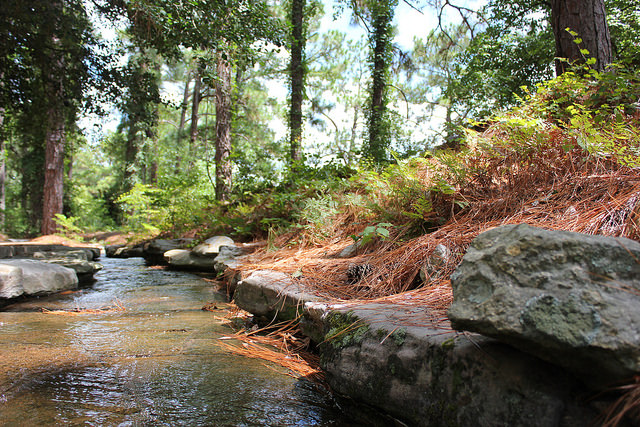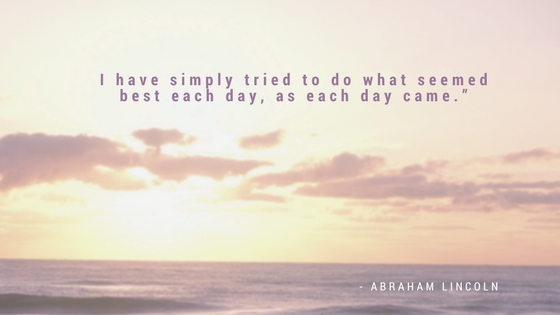“What does your best day at work look like?”
—Mark Zuckerberg, founder of Facebook

What do you typically say when someone asks, “How was your day?”
I usually hear phrases such as, “Not Bad,” “it was OK,” “Pretty Good,” “Awful, Stressful, Chaotic.”
From time to time I also hear from those super-positive, optimistic, people glowing with excitement and enthusiasm about how great their day has been.
How often do you actually believe those folks?
Today’s quote asks us to visualize our best days so we have a benchmark or a beacon of what is possible for the activity in which we spend most of our waking hours.
EXERCISE:
Identify what frustrates you and exacerbates your workdays.
Identify the parts of your day in which you feel energized and strong, when you may even lose track of time.
Given your answers, how can you modify or redesign your day to include less of the first and more of the second?
Applying this exercise on a daily basis for yourself and those in your company can be critical to both individual and organizational success, and a more fulfilling life.












